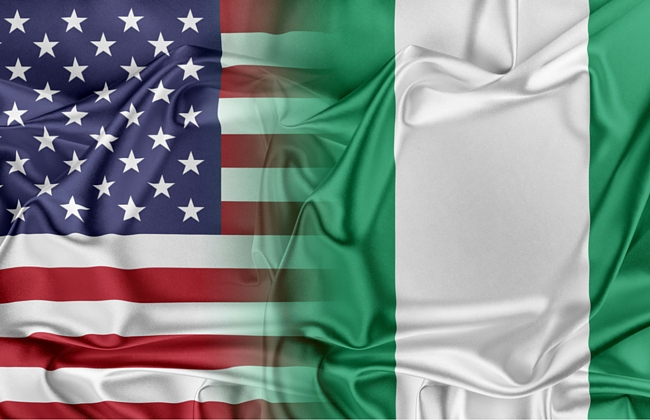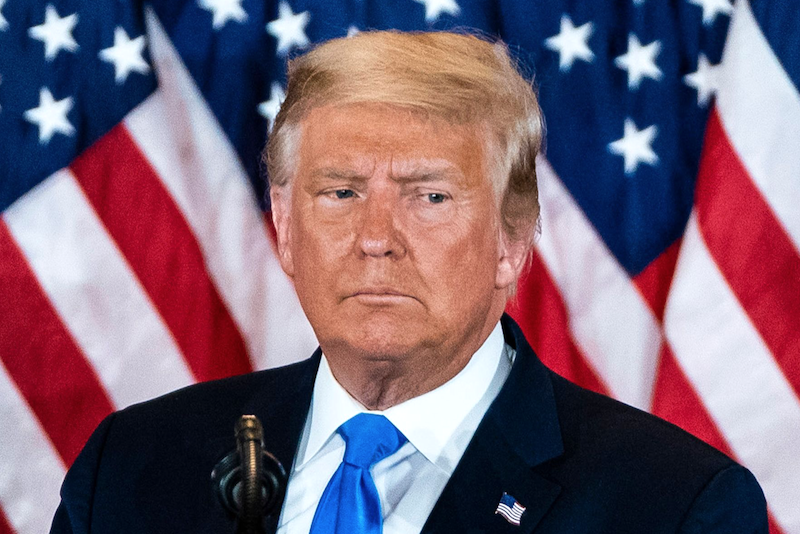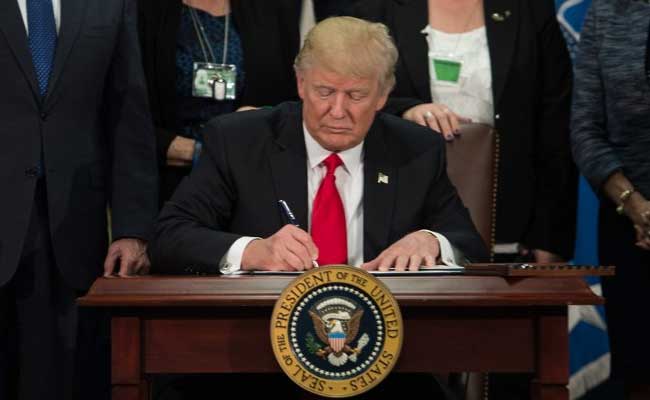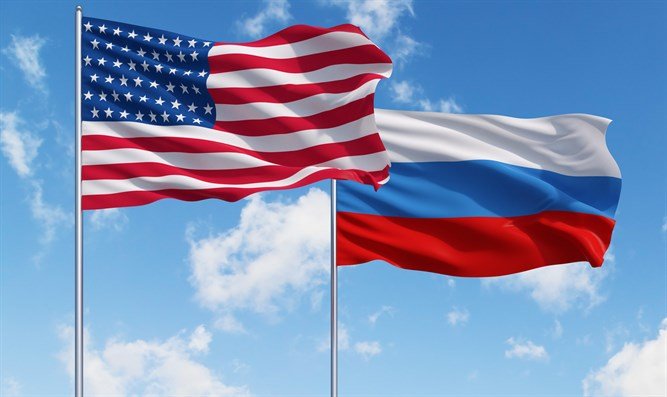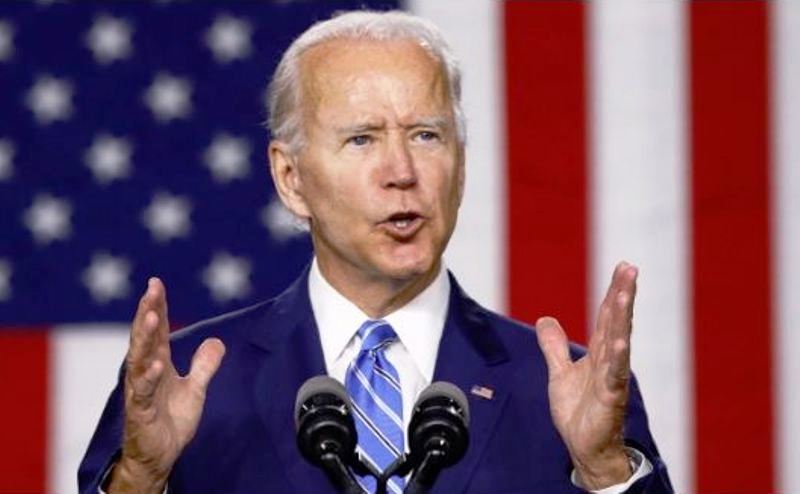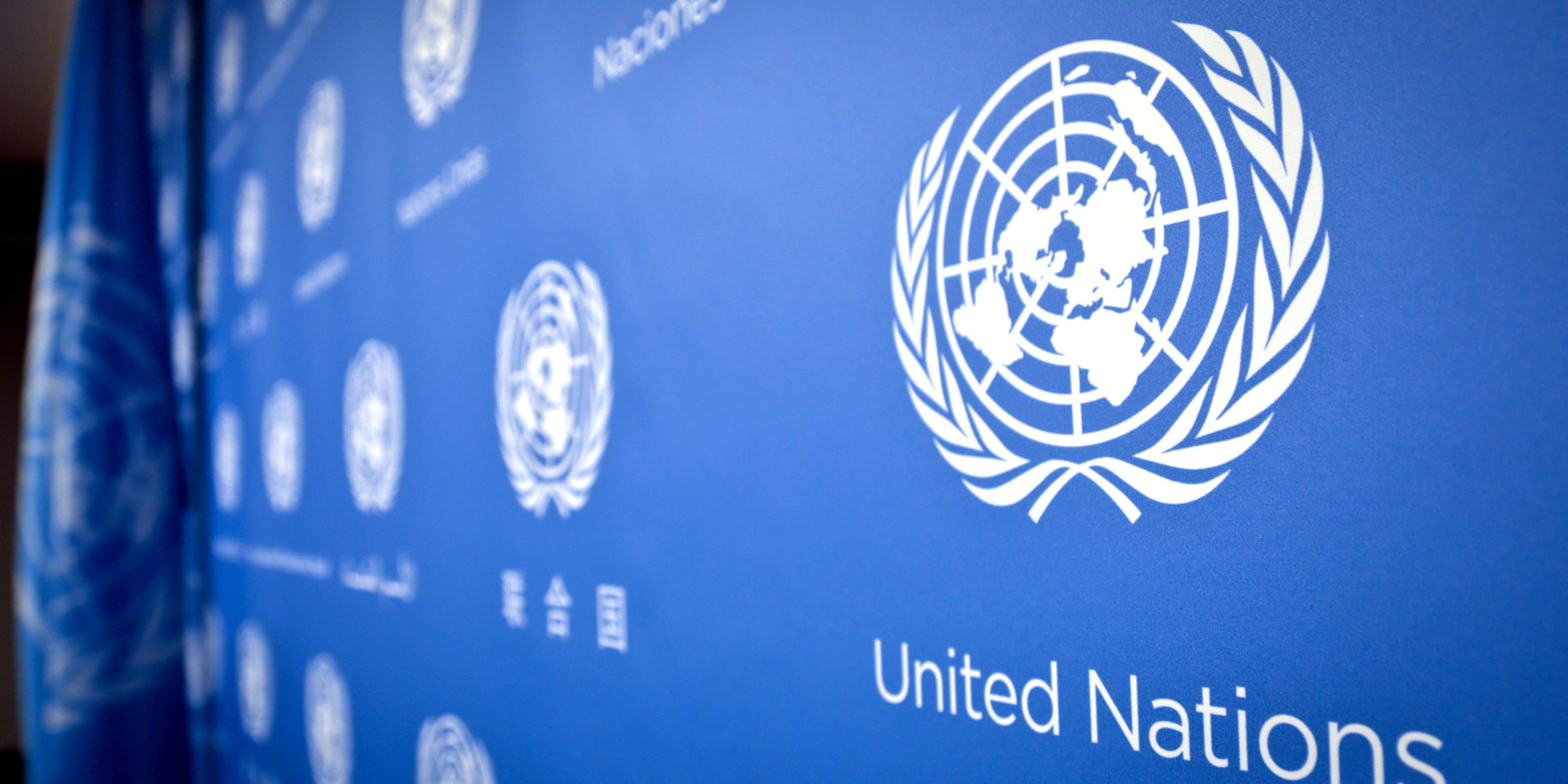The United States government on Friday said that it was not planning the establishment of any military base in Nigeria.
Maj.-Gen. Kenneth Ekman, U.S. Africa Command (AFRICOM), West Africa Coordination Element Lead, Department of Defence, made this known during a media roundtable with select journalists in Abuja.
The roundtable was to enable Ekman explain the purpose of his visit to Nigeria.
“Now, coming here and into the Nigerian context, I want to tell you upfront that there are no plans for a U.S. base here in Nigeria.
“I want to address that with you because I think that is a popular concern.
“I recognise that the presence of U.S. forces comes with costs and benefits, depending on the context.
“I’m here to talk about how regional security problems affect Nigeria.
“This is because Nigeria has such a capable military, and is such a dominant leader in West Africa,” he said.
Ekman emphasised that no discussions were held between Nigeria and the U.S. over the establishment of a military base as was speculated after the announcement of their withdrawal from Niger.
“I am not aware of any discussions between U.S. and Nigerian authorities on placing a U.S. base in Nigeria as a result of the Niger withdrawal.
“I want to be perfectly clear on that and I’m not surprised that some people assumed that there were discussions going on about this,” he said.
He explained that AFRICOM and the Department of Defence had been supporting the three main objectives of democracy, government, and human rights in Africa.
According to him, the support also includes mutually beneficial trade and investment, human capital development, and working with authorities on security, stability, and prosperity.
“While our objectives haven’t changed, that is, the shared objectives between the United States and our African partners, they have become harder to achieve.
“The U.S. AFRICOM, as we function here in West Africa, we do nothing by ourselves. Everything that we do is through partner-led, U.S.-enabled operations.
“So we don’t do it for our partners. We help them do it and do it better.
“It’s about exercises, it’s about training, it’s about grant security assistance.
“And then all of this builds on a strong foundation of security cooperation,” he said.
David Greene, US chargé d’affaires in Nigeria, had also in May said no plans to set up any base in the country.
“I am not aware of any such conversation, and I am not really sure whose purpose it serves to agitate on this point.
“We will continue our very strong security cooperation with the Nigerian security services, the Nigerian military, and the Nigerian government, and that will always be in a spirit of partnership and respect for each other.”
Similarly, Minister of Information and National Orientation Idris Mohammed, has refuted allegations of any plans for a U.S. military base in Nigeria.
“The federal government is not in any such discussion with any foreign country. We have neither received nor are we considering any proposals from any country on the establishment of any foreign military base in Nigeria.
“The Nigerian government already enjoys foreign cooperation in tackling ongoing security challenges, and the President remains committed to deepening these partnerships, with the goal of achieving the national security objectives of the Renewed Hope Agenda,” Idris said in a statement.
NAN
